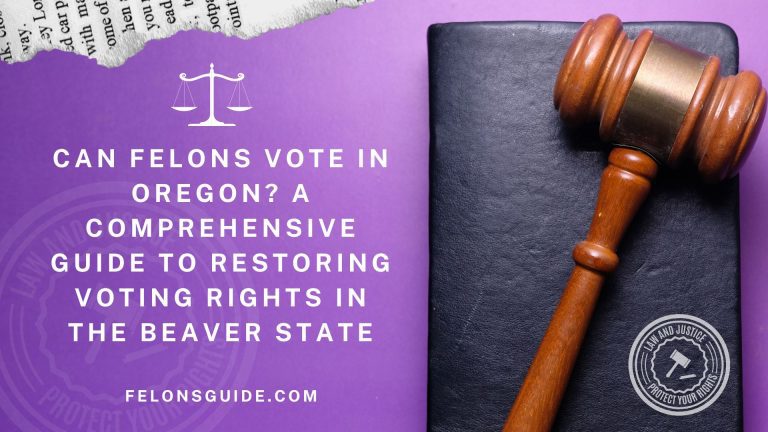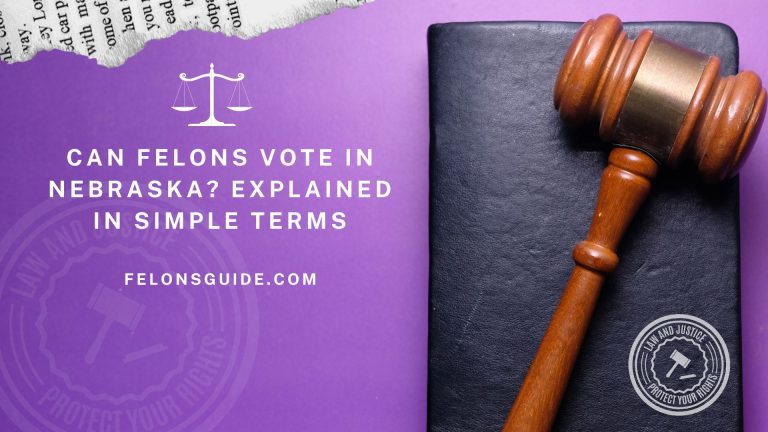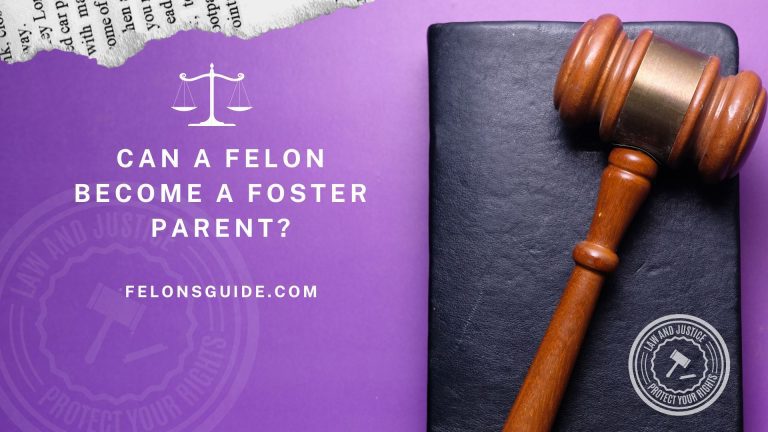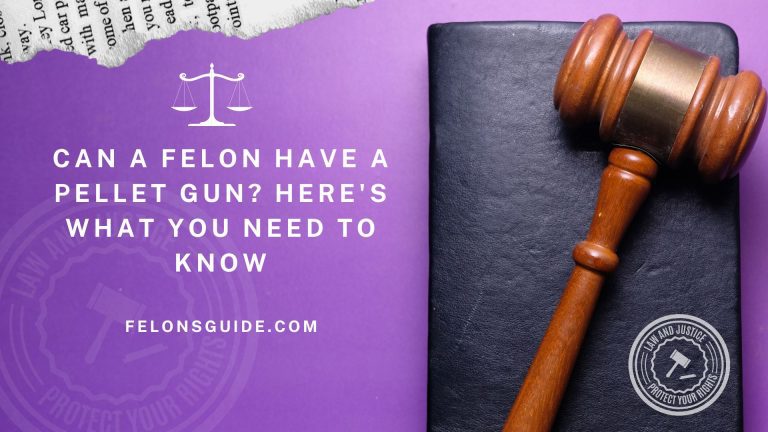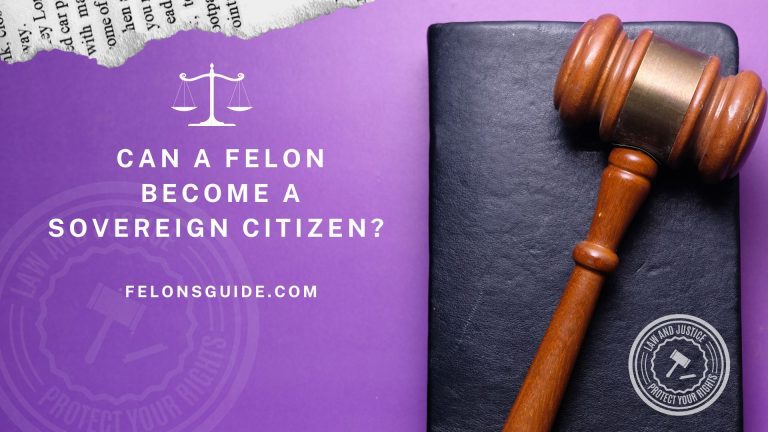Can a Felon Be a Correctional Officer?
Hey there! I’m glad you stopped by to dive into a pretty intriguing question: Can a felon become a correctional officer? It’s one of those topics that might prompt a straightforward “No” at first glance, but as we peel back the layers, we discover it’s more like opening a complex, unexpected package. The reality is nuanced, varying by location, the nature of the offense, and how much time has passed since. So, let’s embark on this exploratory journey together, shedding light on the paths that might lead a person from a past felony conviction to potentially standing on the other side of the bars, all set to maintain order and security.
Can a Felon Be a Correctional Officer?
Yes, but it varies by state and specific circumstances, such as the nature of the felony and whether it has been expunged
General Policy and Exceptions
Generally, having a felony conviction is a significant obstacle to becoming a correctional officer. Most correctional departments and institutions view felony charges as a disqualifier because the role involves supervising individuals who have been convicted of crimes, thus requiring officers to have clean criminal records. This policy reflects concerns about integrity, trustworthiness, and the ability to uphold the law within correctional settings.
However, there are exceptions and nuances based on location, the nature of the felony, and the time elapsed since the conviction. For example, some states and private facilities might have less stringent requirements, potentially allowing individuals with felony convictions to be considered for correctional officer positions under certain circumstances.
Specific State Policies
The eligibility criteria can vary widely from one state to another. For instance, Michigan allows convicted felons to work as correctional officers, provided they have not been convicted of felonies involving moral turpitude. This suggests that not all felony convictions are treated equally, and the specific nature of the conviction plays a crucial role in determining eligibility.
Rehabilitation and Record Expungement
Options like expungement (the legal process of clearing a conviction from one’s record) or pardon can also impact a felon’s ability to become a correctional officer. In some jurisdictions, individuals who have had their convictions expunged or who have received pardons may become eligible for positions that were previously out of reach. The possibility of expungement or pardon and its impact on employment eligibility largely depends on state laws and the specifics of the criminal justice system.
Employment at Private vs. Public Institutions
The distinction between public and private correctional facilities can also be significant. Private prisons and correctional facilities may operate under different standards and regulations compared to public institutions, possibly offering more leeway in hiring practices. This might include a more lenient approach towards candidates with criminal backgrounds, although this varies widely based on the policies of the specific organization.
The Role of Background Checks
Background checks are a standard part of the application process for correctional officers, scrutinizing various aspects of a candidate’s history, including criminal records, employment history, educational background, and more. These checks are thorough and designed to identify any factors that might disqualify a candidate. However, the specifics of what disqualifies a candidate can vary, with some states and institutions being more flexible than others.
In conclusion, while a felony conviction generally poses a significant barrier to becoming a correctional officer, there are exceptions based on the nature of the conviction, the jurisdiction, and the policies of the hiring institution. Those interested in pursuing a career as a correctional officer despite having a felony conviction should investigate the specific requirements and opportunities in their state or target institutions.
